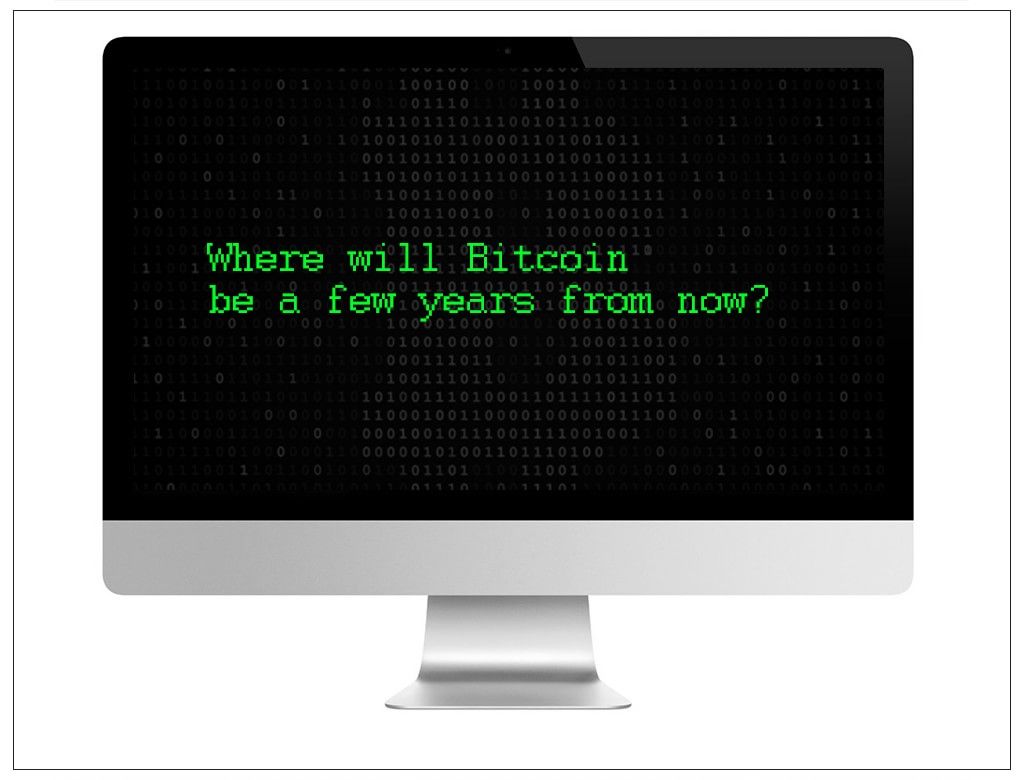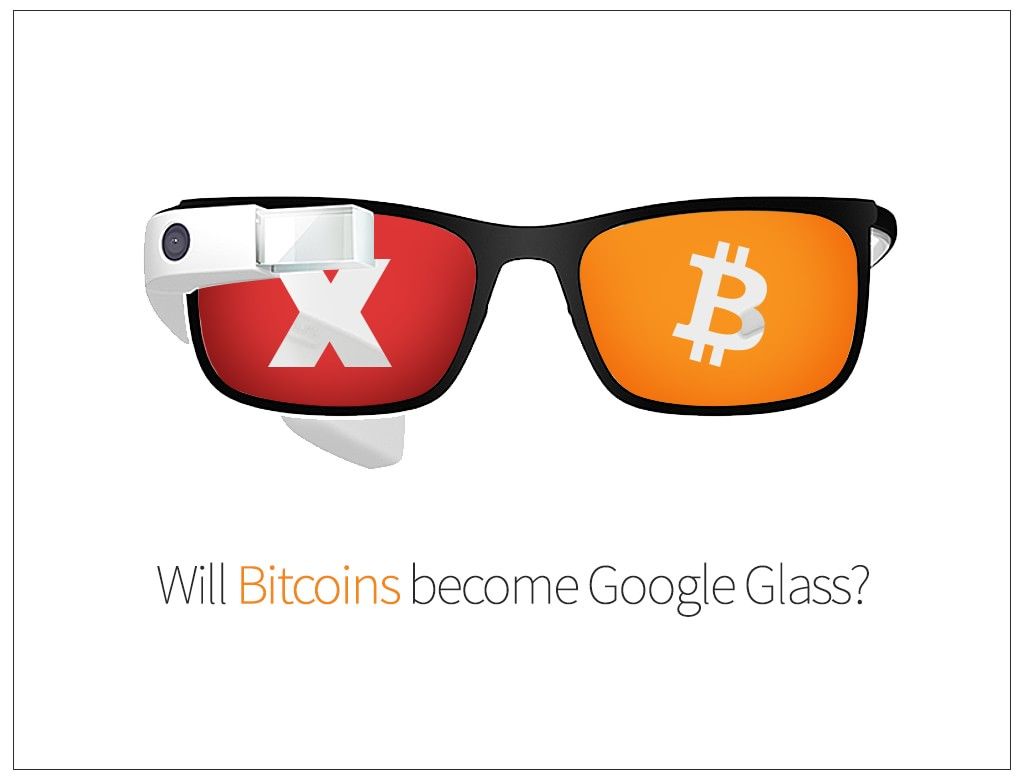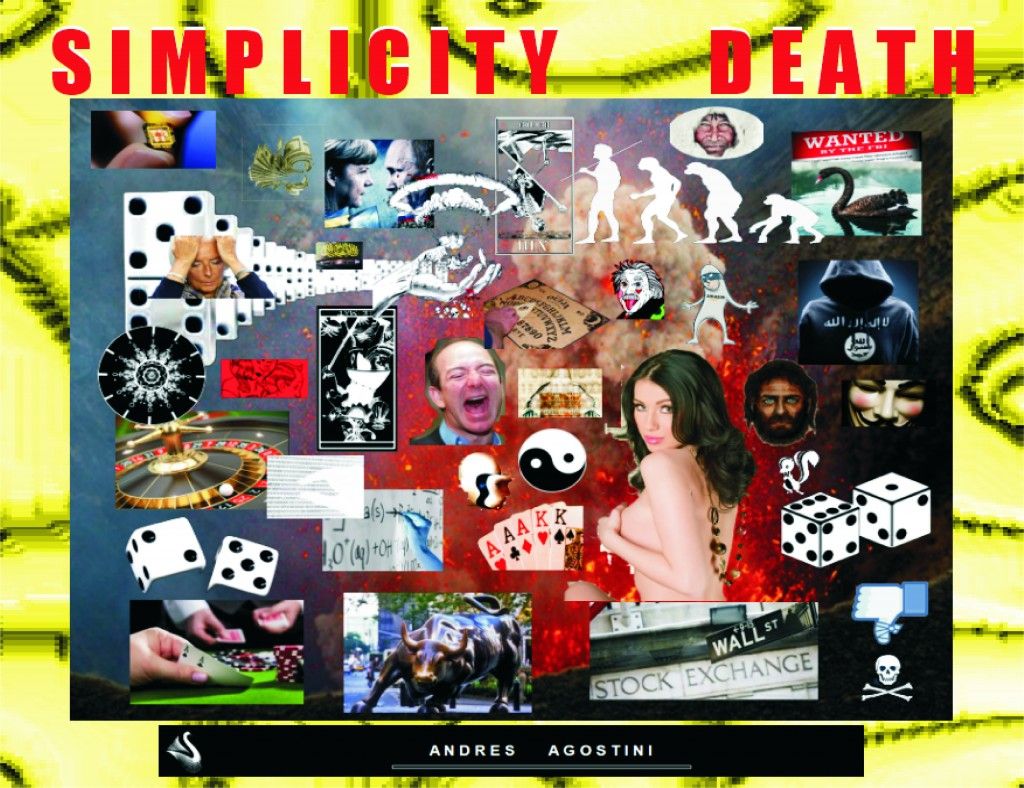Feb 22, 2015
How NASA uses quantum computing for space travel and robotics
Posted by Seb in categories: computing, quantum physics

Quantum computing is still in its infancy, even though the idea of a quantum computer was developed some thirty years ago. But there are a whole load of pioneering organizations (like Google) that are exploring how this potentially revolutionary technology could help them solve complex problems that modern-day computers just aren’t capable of doing at any useful speed.
One such organization is NASA, whose use of D-Wave Systems quantum computing machines is helping it research better and safer methods of space travel, air traffic controls and missions involving sending robots to far-off places, explained Davide Venturelli, a science operations manager at NASA Ames Research Center, Universities Space Research Association. I’ll be speaking with Venturelli on stage at Structure Data 2015 from March 18–19 in New York City and we’ll be sure to cover how NASA envisions the future of quantum computing.


 Quoted: “Looking at the misinformation, speculation, and confusion about bitcoin and blockchain technology: it’s the same conversation we had
Quoted: “Looking at the misinformation, speculation, and confusion about bitcoin and blockchain technology: it’s the same conversation we had  Quoted: “We’re not there yet, but in less than 10 years, I believe that the technology behind bitcoin will transform the accounting profession entirely. What is this technology? The blockchain. Let me set the scene by going over a few bitcoin related concepts before explaining why I think that the accounting profession will undergo a major disruption in the coming years.”
Quoted: “We’re not there yet, but in less than 10 years, I believe that the technology behind bitcoin will transform the accounting profession entirely. What is this technology? The blockchain. Let me set the scene by going over a few bitcoin related concepts before explaining why I think that the accounting profession will undergo a major disruption in the coming years.”








